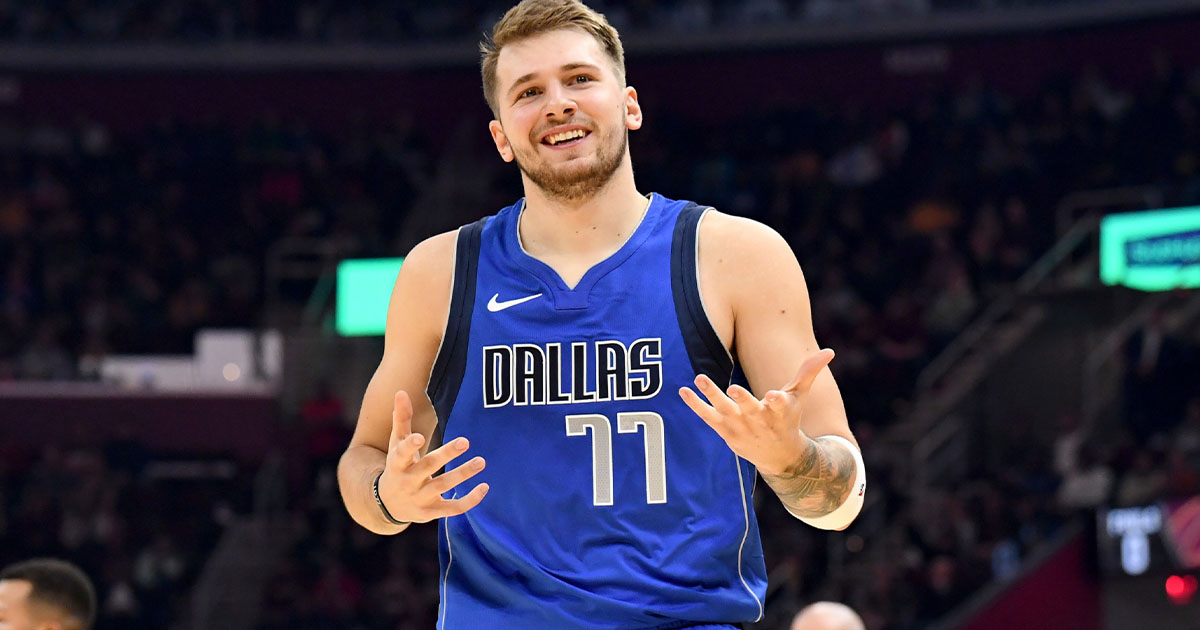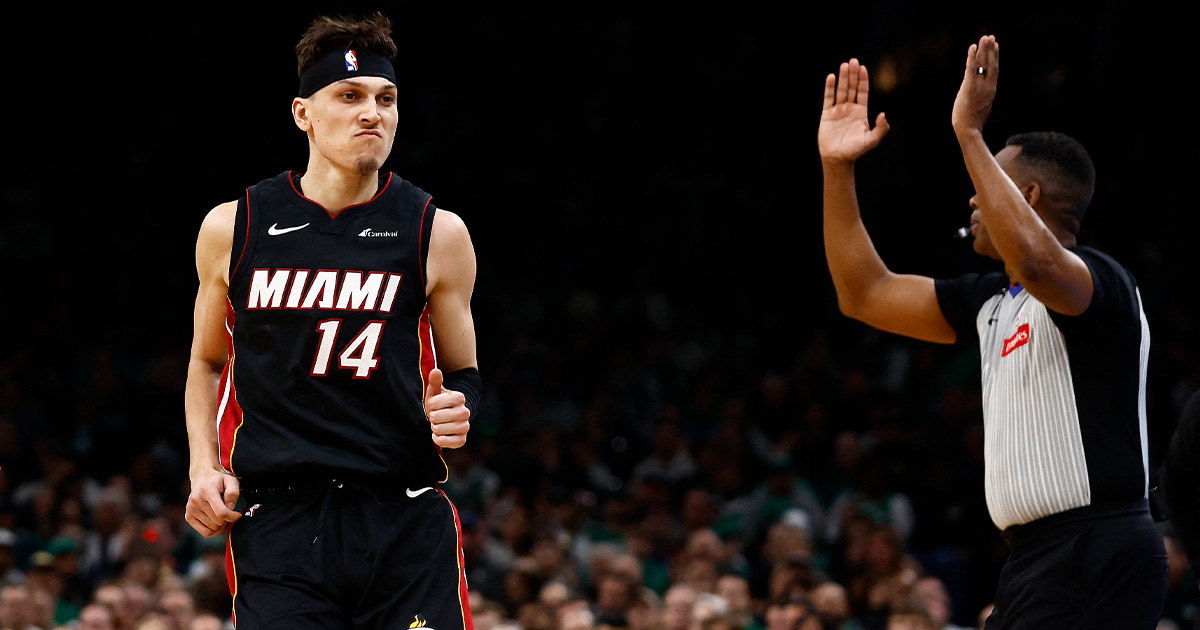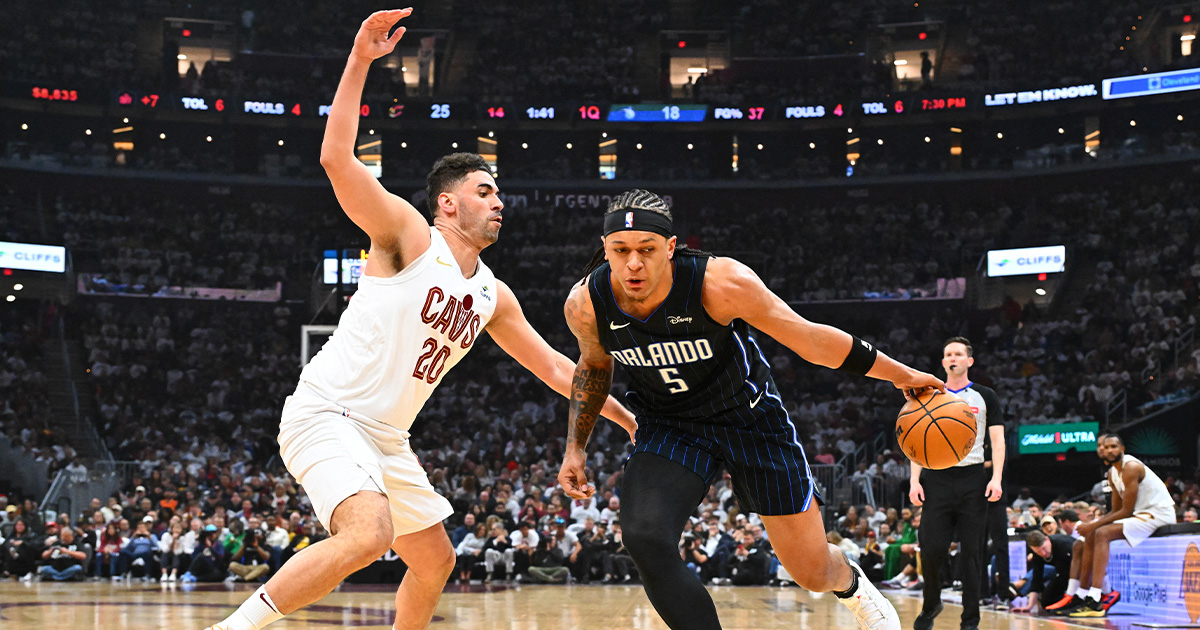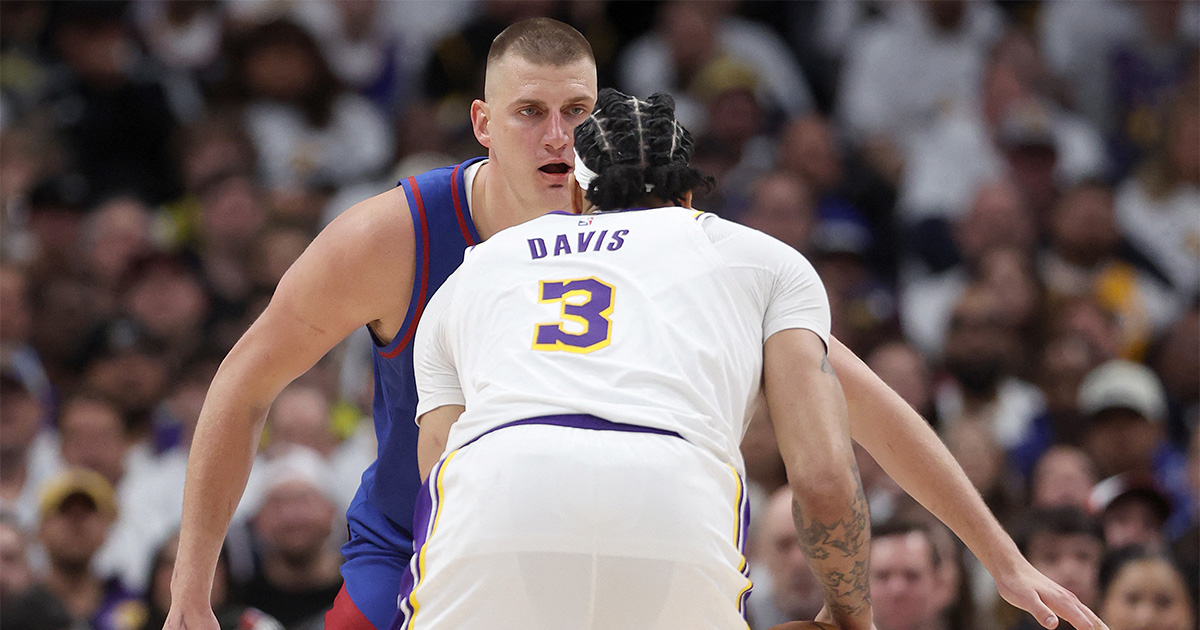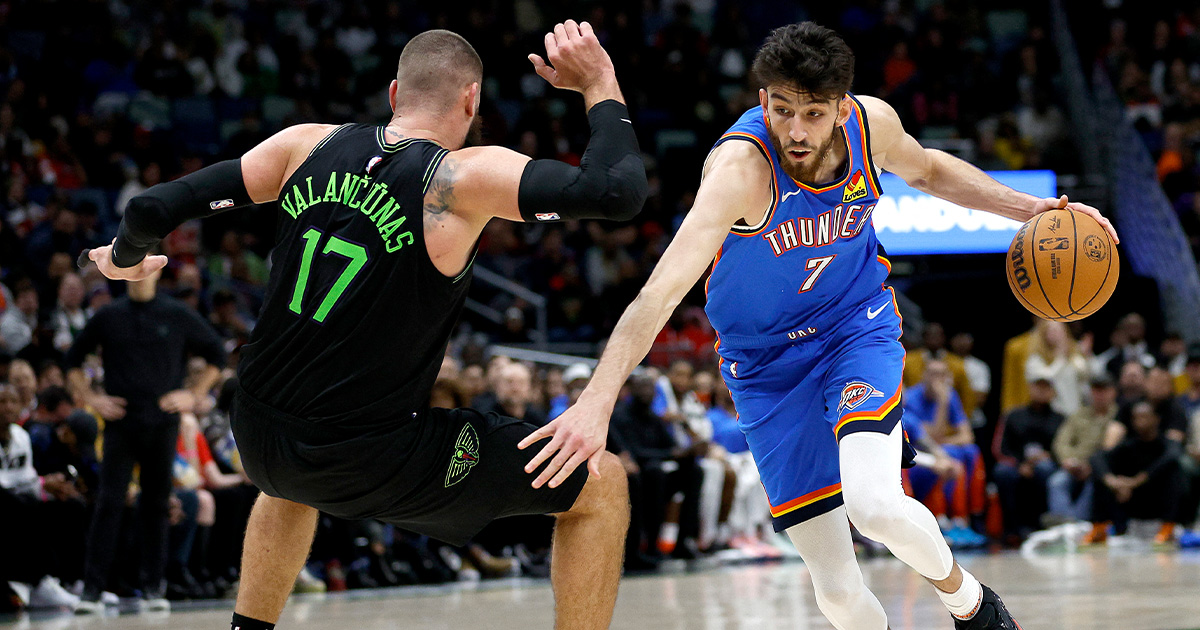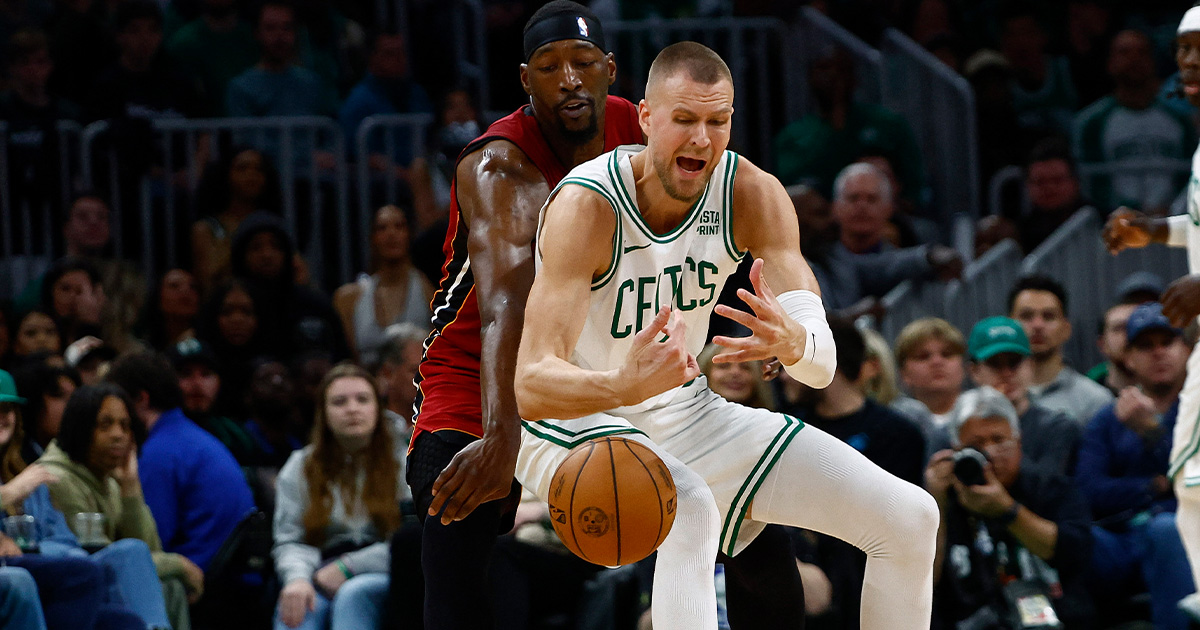A supernova, as described by the National Aeronautics and Space Administration (NASA) website, “is the biggest explosion that humans have ever seen. Each blast is the extremely bright, super-powerful explosion of a star.”
They could well be talking about Stephen Curry and Luka Doncic.
Last February 4, Curry’s 57 points were not enough as Doncic’s 42 points and 11 assists helped the Dallas Mavericks slip past the Golden State Warriors. Curry got to wherever he wanted and scored with ease, but Doncic answered him shot for shot and was able to create plays for his teammates, which in the end helped them hang on for the win.
There were expectations that the third matchup between both teams on April 27 would again be a high-scoring affair, but only the Mavericks came to play.
Luka’s 39-point performance through three quarters pretty much summed up the 133-103 thrashing of the Warriors, with the lead even ballooning to 43 at one point. Steph’s reaction at the time said it all.
Golden State went scoreless from the 8:40 mark of the first quarter until 11:00 in the second quarter, effectively letting Dallas pull away before halftime. Curry finished the game with a team-high 27 points, but he had little help especially during the early parts of the game.
While the game was a one-sided affair, it also revealed how superhuman individual performances can be a double-edged sword. Fans love to see a genius at work, but teams themselves can fall into the trap of being too dependent on their stars that even teammates will stare at them while they go to work. It’s the same scenario that befell the likes of Kobe Bryant, Michael Jordan, LeBron James, and even Curry himself.
Curry had gone on one of the most unparalleled runs where he and the Warriors won three NBA championships in five years. For much of the past two years, however, the two-time MVP has battled injuries that afflicted him and his teammates. Unfortunately, he has struggled in carrying the team himself as they missed the playoffs last year and are fighting for their playoff lives this season.
Doncic, meanwhile, has been carrying the Mavericks pretty much since his arrival in 2018, and he followed up his stellar Rookie of the Year campaign with a playoff berth the following season. It was then he realized that the postseason is a totally different ballgame.
Dallas took the Los Angeles Clippers to six games in the Orlando bubble, but the two-time all-star took on a much heavier load that may have taken its toll in the end. Doncic ended his first postseason trip with averages of 31.0 points, 9.8 rebounds, and 8.7 assists, but he was clearly swarmed by the lengthy Clipper defenders who capitalized on the absence of Kristaps Porzingis and the fact that Doncic was also playing on a sprained ankle he suffered back in Game 3.
This season, Doncic and the rest of the squad were a mixed bag right out of the gate, as they went 6-4 in their first 10 games. They got blown out by the Los Angeles Lakers on Christmas day, but they obliterated the Clippers (who were without Kawhi Leonard) by 51 points two nights later. Currently, they are 34-27, two games behind the fifth-place Lakers and a game ahead of the Portland Trail Blazers and the play-in spot.
Doncic’s current averages of 28.6 points, 7.9 rebounds, and 8.7 assists per game on .485/.359/.730 shooting splits are more or less within his career averages so the production will always be there. The 4.3 turnovers can stick out like a sore thumb for some, especially when you take into account the injuries that plagued the team.
Against the Warriors on April 27, Doncic had six rebounds and eight assists, but he also committed seven turnovers. There were times he forced the issue, but you can’t blame him considering usual starters Porzingis and Josh Richardson sat out with injuries.
The Mavericks’ most frequently used lineup was made up of Doncic, Porzingis, Richardson, Dorian Finney-Smith, and Maxi Kleber and it produced a net rating of 12.6, which would be tops in the league. The one they use most after that actually performs even better, as the lineup of Porzingis, Richardson, Finney-Smith, Tim Hardaway Jr., and Jalen Brunson, which has a higher net rating of 19.8. Replacing Brunson with Doncic, however, drops that rating to an abysmal -21.0, providing indications that there could be a dependency on Doncic rather than running through the progressions in the offensive sets.
Doncic and Dallas may not have to look further for an example to ponder on than that of Damian Lillard and the Blazers. Although he has been part of stacked Portland teams, Lillard usually carries a heavier load than usual due to frequent injuries to teammates over the years. His virtuoso performances have been a sight to see but it too can take its toll as he suffered a knee injury in the 2020 NBA Playoffs that effectively ended his season.
At the end of the day, basketball is a team sport. Big performances from one player can only take a team so far, especially when their bodies break down and/or until teams figure them out and develop specific schemes. The key is to balance things out and thankfully Luka Doncic’s game allows for that. His teammates too are capable of adjusting so long as they stick to the system.
Aa singular events as real supernovas can be, they are actually the result of a confluence of factors. Stars going off will always be a welcome sight for teams, but its effect would be more profound if the support system is there.

